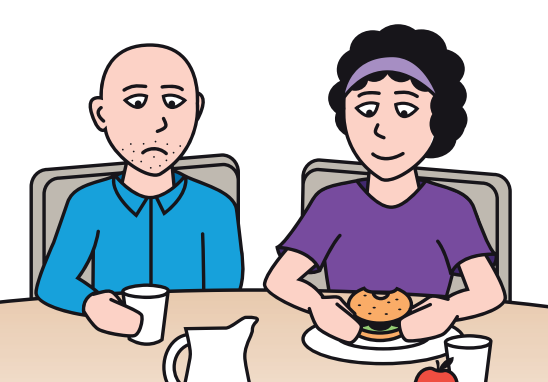The beginning…

I am delighted to be starting my PhD journey with the University of Leeds in tandem with Leeds and York Partnership Foundation Trust. The new CArDiNAL (ClinicAl Doctoral Nurses and ALlied Health Professionals) Clinical Academic Research Fellowship embeds and promotes my research role within my clinical (Speech and Language Therapist) Specialist post. A strength of this new post is the support of a cohort of clinical academic fellows – including different Allied Health Professionals and Nursing Specialists – together, we form a community of research active clinicians across the Yorkshire and Humber footprint.

“The service users on my clinical caseload, their caregivers and the multidisciplinary team have directly influenced my research topic.”
Without this important initiative by Yorkshire and Humber NIHR CLAHRC I would not have been able to embark on this research journey whilst continuing to practice as a Speech and Language Therapist. As well as adding to the wider evidence-base for dysphagia in mental health, my research and ongoing clinical practice will inform each other. The service users on my clinical caseload, their caregivers and the multidisciplinary team have directly influenced my research topic and I will use my specialist skills to support involvement from other service users with communication difficulties in co-production.
“How can service users, caregivers and clinicians be supported to recognise the early warning signs of eating, drinking and swallowing problems?”
My PhD research will consider everyday quality of life around mealtimes and I will continue to identify and unpack good practice. My pilot work progressed from an initial case study (highlighting the different perspectives of an inpatient and members of his staff team; see Guthrie et al. 2012) to projects considering the risks associated with swallowing difficulties, communication and choking incidents in adults with mental health conditions (Guthrie and Stansfield 2017; Guthrie and Roddam 2011), leading me to ask: how can service users, caregivers and clinicians be supported to recognise the early warning signs of eating, drinking and swallowing problems? I developed a free booklet to support service user, carer and staff discussions about mealtimes (Guthrie 2013). The pictures, text and checklist suggest conversation topics, including aspects of swallowing difficulty that may have gone unrecognised or been overlooked. Any concerns about swallowing should always be referred to Speech and Language Therapy for assessment and advice.



I am keen to hear any patient or caregiver “stories” of the experience of living with mental health conditions and dysphagia.
Susan Guthrie is a Highly Specialist Speech and Language Therapist and CArDINAL Clinical Academic Research Fellow. For more information about her PhD research you can contact her here or directly via hcsg@leeds.ac.uk. You can also follow Susan on Twitter @SusanGuthrieSLT and on Researchgate.
References
Guthrie, S. and Roddam, H. (2011) Reporting and learning from choking incidents in adults with learning disabilities. Speech and Language Therapy in Practice.
Guthrie, S., Roddam, H., Panna, S. and Fairburn, G. (2012) Capacity to choose and refuse? A case study. Advances in Mental Health and Intellectual Disabilities, 6(6), pp.293-300.
Guthrie, S. (2013) Me at Mealtimes [Free online booklet]
Guthrie, S. and Stansfield, J. (2017) Teatime Threats. Choking Incidents at the Evening Meal. Journal of Applied Research in Intellectual Disabilities, 30(1), pp.47-60.

One thought on “CArDiNAL: A New Clinical Academic Research Fellowship”